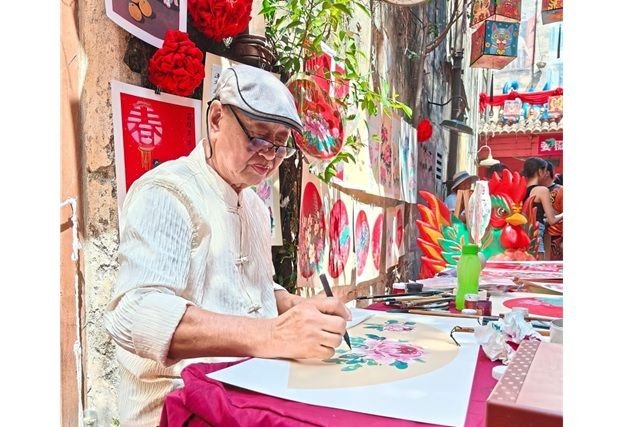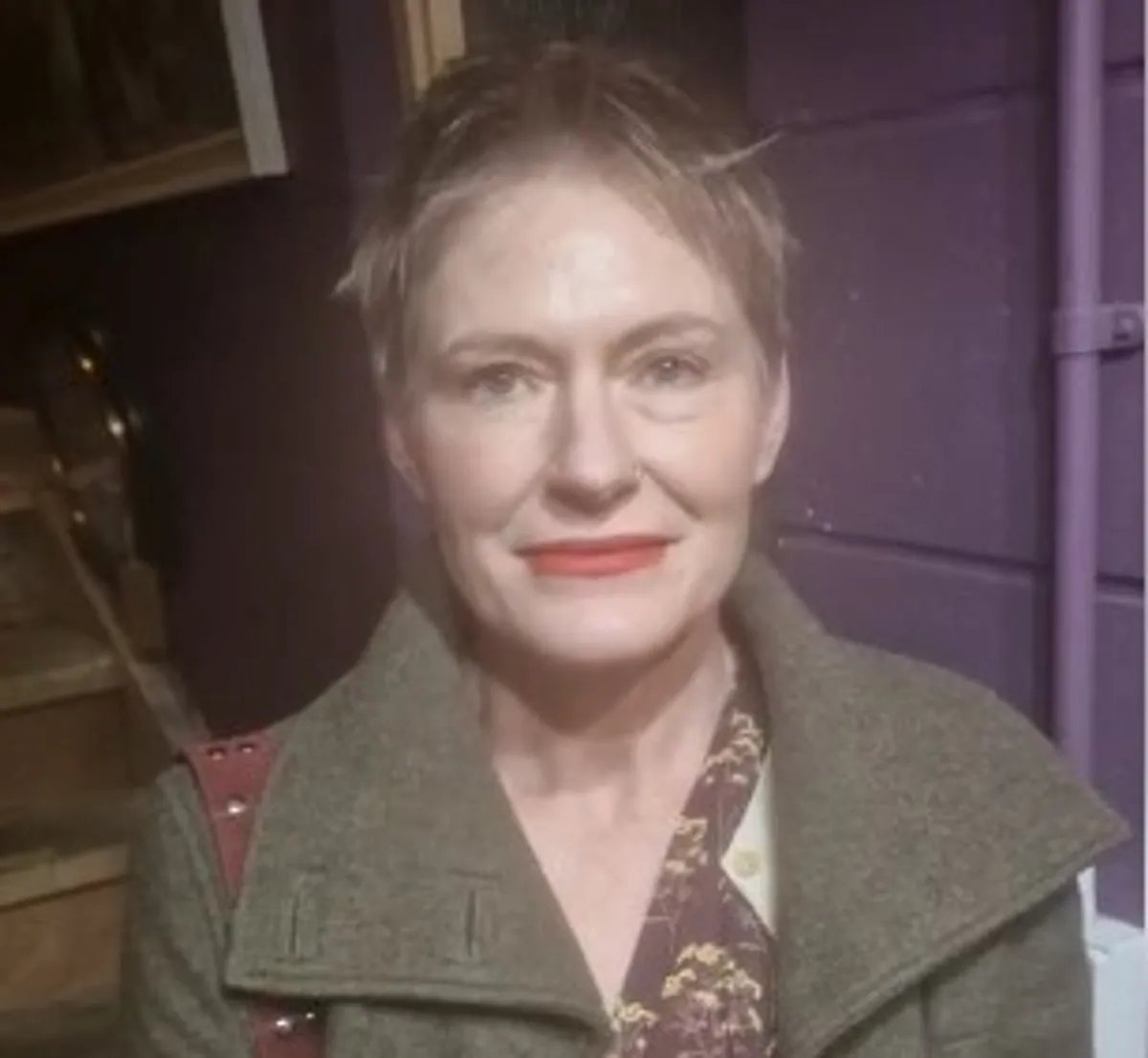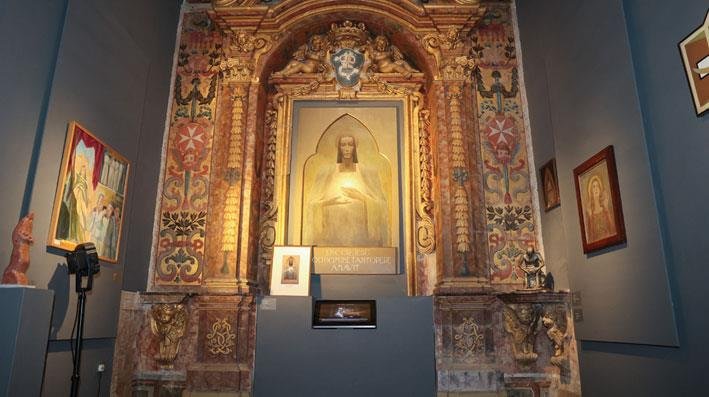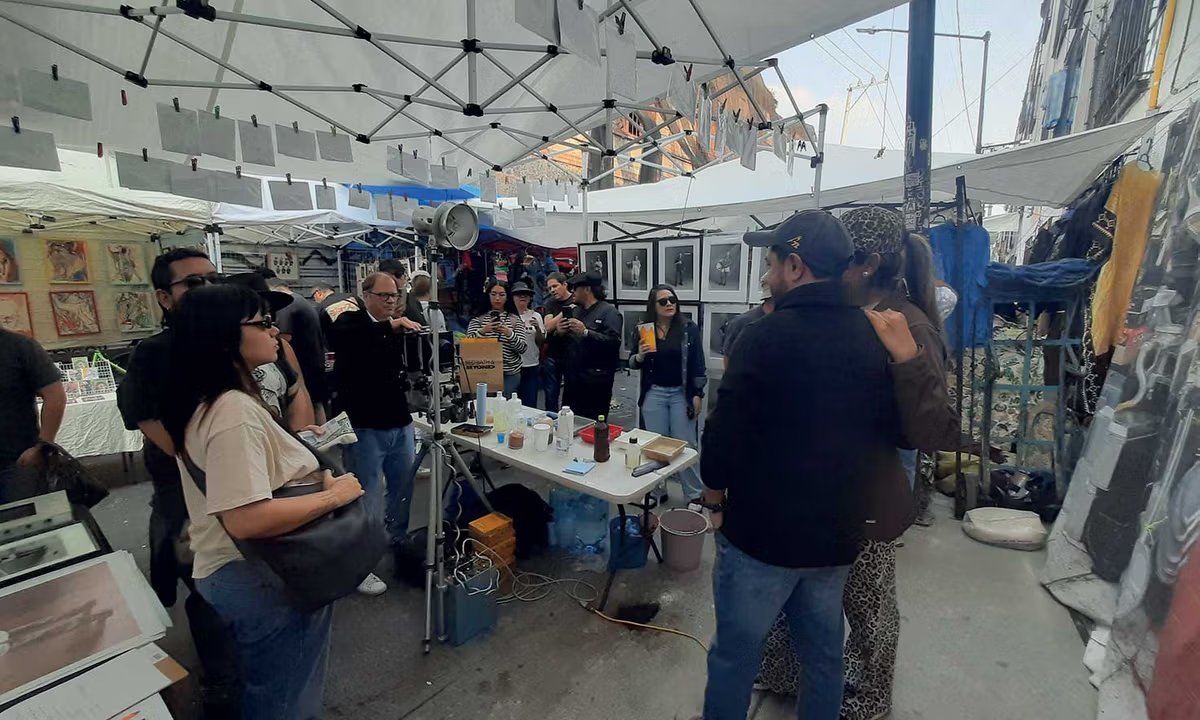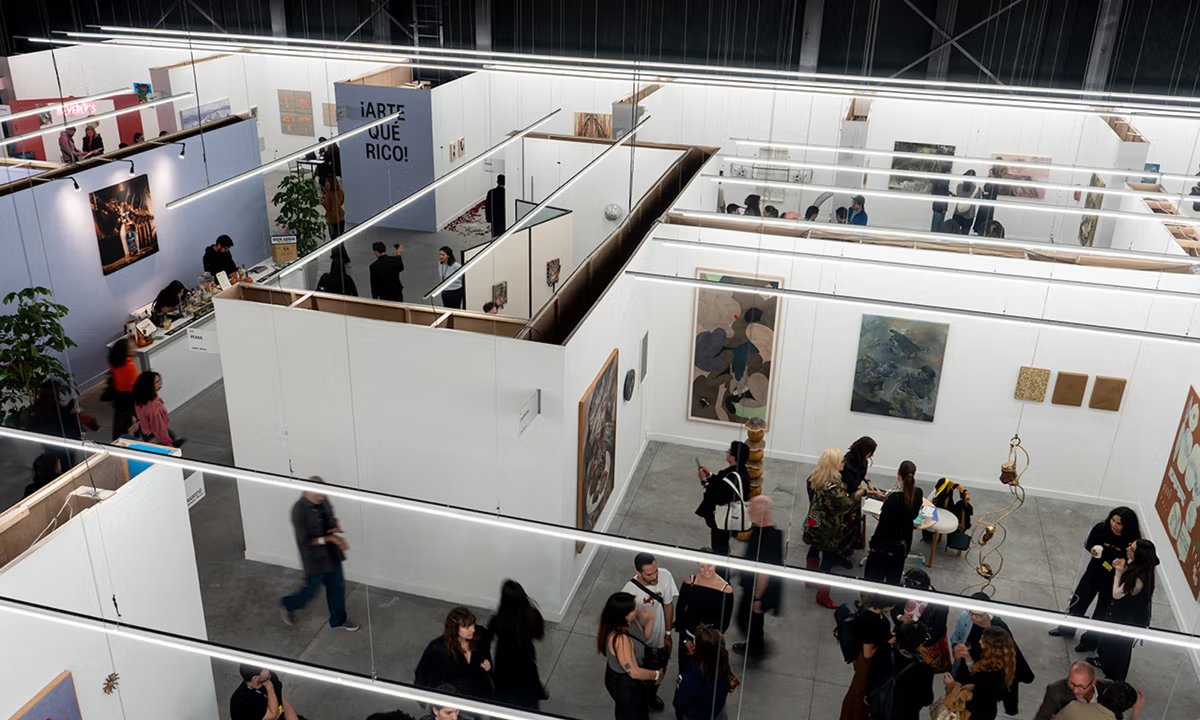Unlock the Editor’s Digest for free
Roula Khalaf, Editor of the FT, selects her favourite stories in this weekly newsletter.
An appetite for collecting drawings has existed since the Renaissance, but there has been a steady increase in interest in the past 15 years, not least with major exhibitions of Michelangelo, Bruegel, Rubens and more. It is perhaps little surprise that people are fascinated by the tactility of drawings in a digital world.
This year’s London Art Week (LAW) has responded with a large-scale exhibition. Partnering with drawings-focused platform Trois Crayons, LAW will host a drawings hub at No 9 Cork Street, with 17 galleries and dealers from London, Paris, Antwerp and beyond presenting works from their collections in selling show 500 Years of Drawing.
Trois Crayons, named after the technique of using black, white and red chalks, was founded last year by investor Sebastien Paraskevas, Alesa Boyle (Stephen Ongpin Fine Art) and Tom Nevile (Day & Faber gallery). Its aim is to increase awareness of drawings in all their forms through events, interviews, exhibitions and newsletters. Paraskevas, who funds Trois Crayons himself, has described the drawings world as “a welcoming and generous community”, and the platform aims to bring in as many new people as possible. He hopes to balance Trois Crayons’ non-profit initiatives such as newsletters and museum projects with developing the exhibition side as a business.
“The drawings community,” he says, “has only recently, in the past few years, started to take advantage of social media, of the digital space, of expanding its reach and appealing to new generations. We are at this exciting crossroads of what the digital and social media can give to us.”

But nothing can substitute for bringing these works together in the flesh. 500 Years of Drawing will feature 150 pieces of all different sizes, prices and eras, from Master Artemio in 1490 to Christelle Téa today. “The idea is that irrespective of one’s budget we’re hoping that someone will find something that they enjoy,” says Paraskevas. Alongside the art will be talks from the British Museum and the Ashmolean about their exhibitions (Michelangelo: the Last Decades and Bruegel to Rubens respectively).
For institutions, exhibitions about drawings and sketches offer a different flavour of blockbuster. Sarah Vowles, curator of Michelangelo: the Last Decades, says: “People have been very moved, that sense of getting up close and personal to an artist like Michelangelo. I think they find it very powerful.”
In the drawings hub show, Guy Peppiatt Fine Art has a preparatory work by George Romney for a portrait of Elizabeth Warren as Hebe, the goddess of youthful beauty, celebrating her marriage (£12,500). Several works come from specialists Stephen Ongpin Fine Art, including a charcoal and white-chalk piece by Théodore Chassériau, a preparatory study for the head of the woman kneeling behind the Virgin in “The Descent from the Cross” (£42,000). The final version, made for the church of Saint-Philippe-du-Roule in Paris, is an explosion of movement and theatricality, yet this sketch provides a quiet, arresting image of a woman lost in thought.

Drawings at LAW are not restricted to the Trois Crayons hub. At his own gallery, Stephen Ongpin has a collection dedicated to the drawings of Guercino, the Baroque Bolognese master (£20,000-£200,000). Elliott Fine Art is showing Portraits, Self-portraits and Studio Interiors, focusing on works on paper by women from the 19th century onwards — the first time that women systematically had access to artistic training, with a burst of production.
Will Elliott, the founder of Elliott Fine Art, says: “As a dealer it’s fascinating because you’re almost doing pioneering research, you’re finding these artists that no one has thought about or written about since their lifetime.” Among the pieces in the exhibition will be a pencil self-portrait by Engelien Reitsma-Valença (around £10,000), and a refined pastel self-portrait by Anne-Marie-Joseph Archinard (£20,000).
At the Weiss Gallery is an extraordinary piece by John Smart, a preparatory sketch for a miniature now at the Fitzwilliam Museum in Cambridge (POA). Director Charles Mackay says that Smart “always drew his subjects in pencil before committing their likenesses on to ivory”. The sitter is unknown, but Mackay thinks he has solved the mystery, identifying him as Abdul Ali Khan, grandson of an Indian ruler who was a patron of the artist.

There are drawings at auction too. Master Works on Paper from Five Centuries at Sotheby’s (July 3) includes two landscapes by Turner (each estimated at £150,000-£250,000), as well as a rare study for a head by Jusepe de Ribera: a striking grotesque, full of Dantesque detail (est £150,000-£250,000).
The estimates at Sotheby’s live auction range from £4,000 to £250,000, and at the hub too there will be works for all budgets. Indeed, the drawings market is inexpensive in comparison with paintings or sculpture. Paraskevas says: “Lots of people don’t know that in the world of drawings, if you’re patient, for a few hundred euros you can get something really beautiful. The idea that you can hold a high-quality work of art in your hand and take it home for a reasonable price is something that I was completely unaware of.”
June 28-July 5, londonartweek.co.uk

